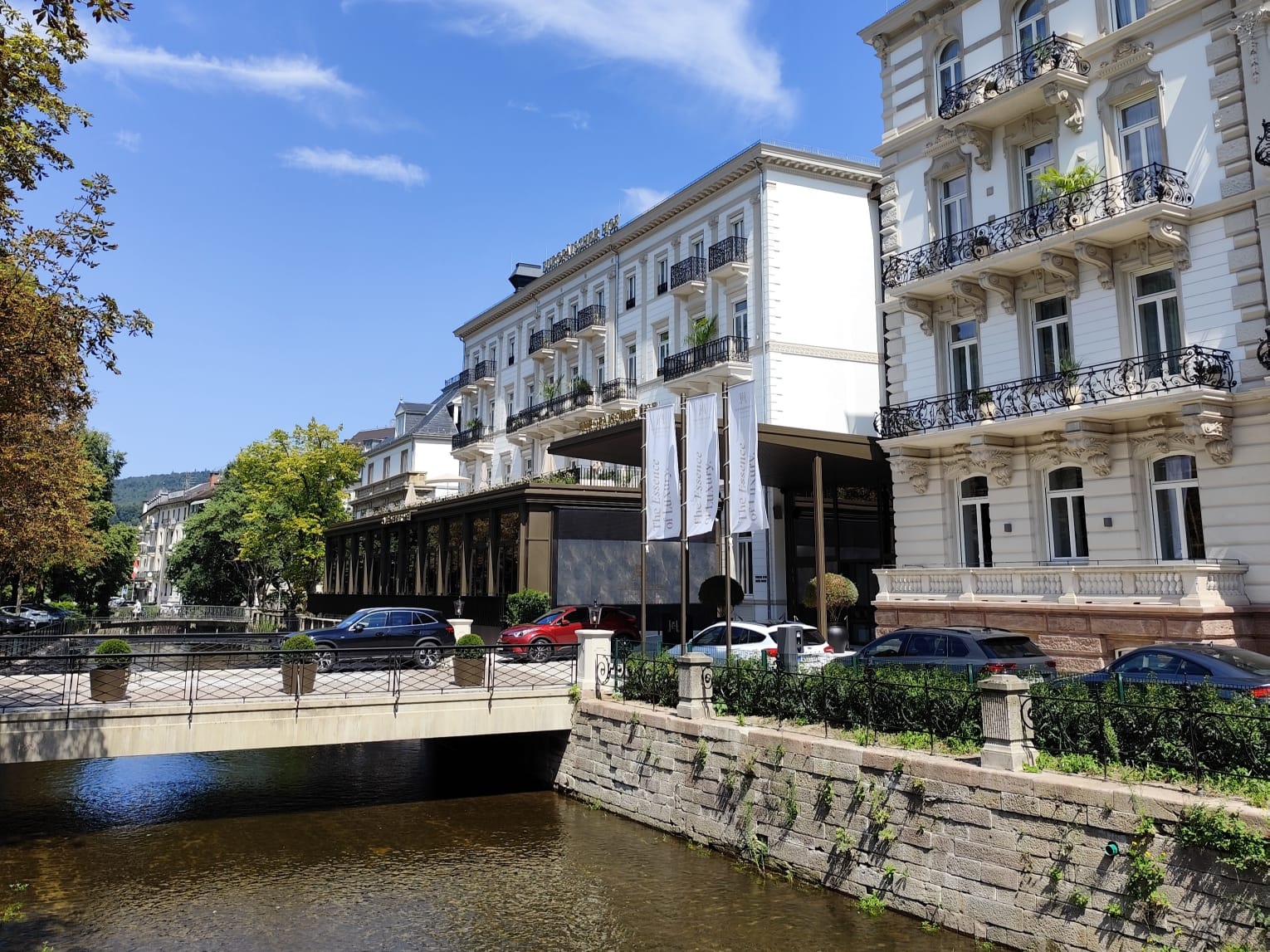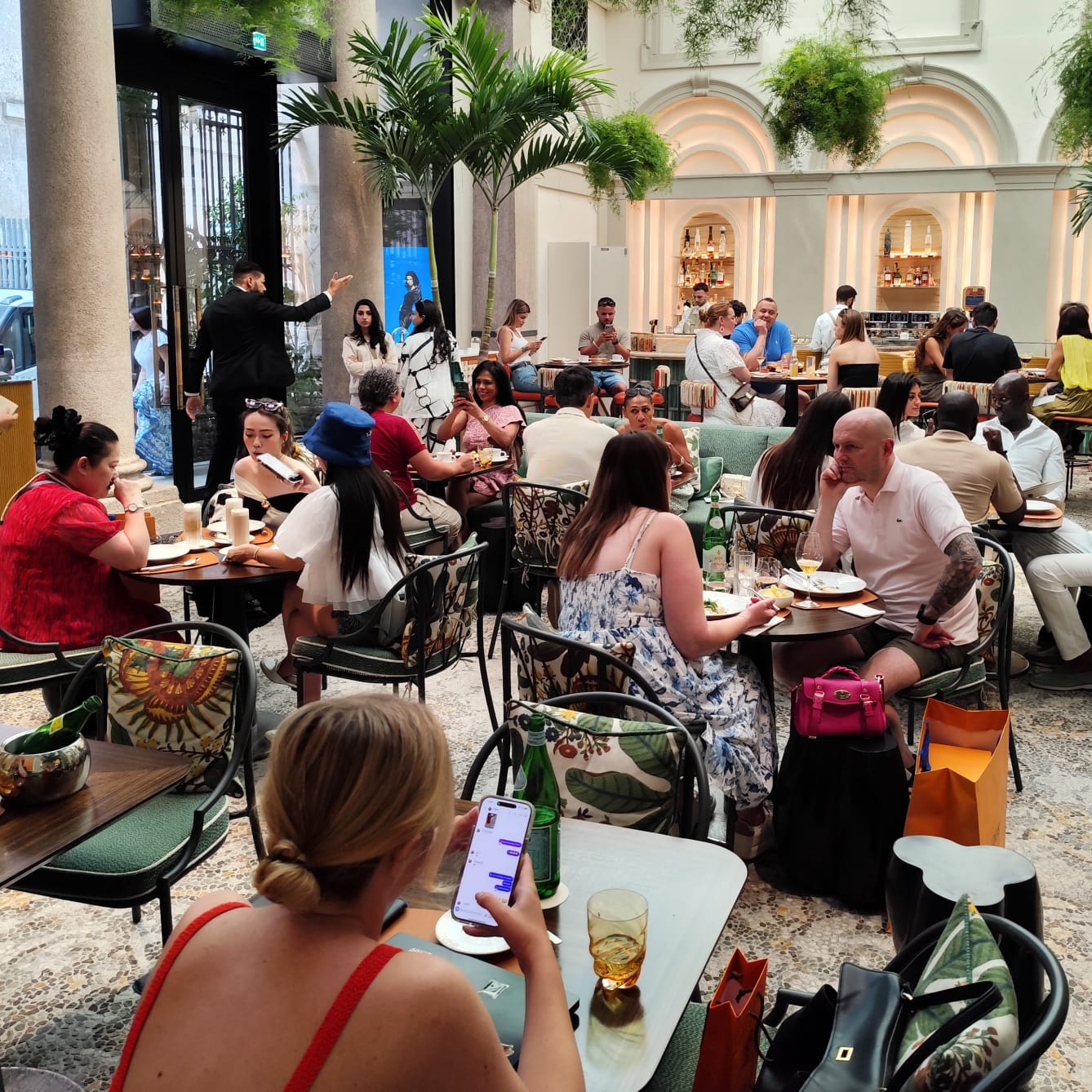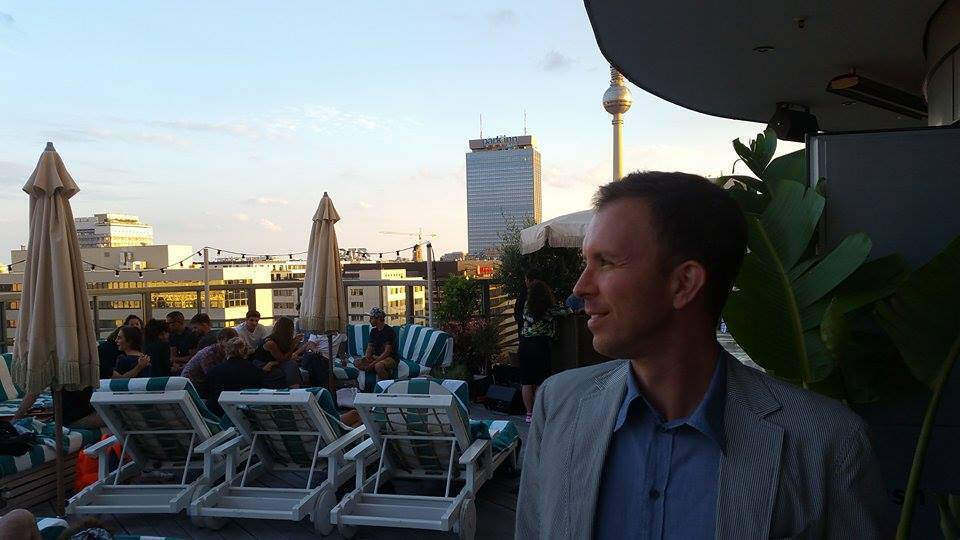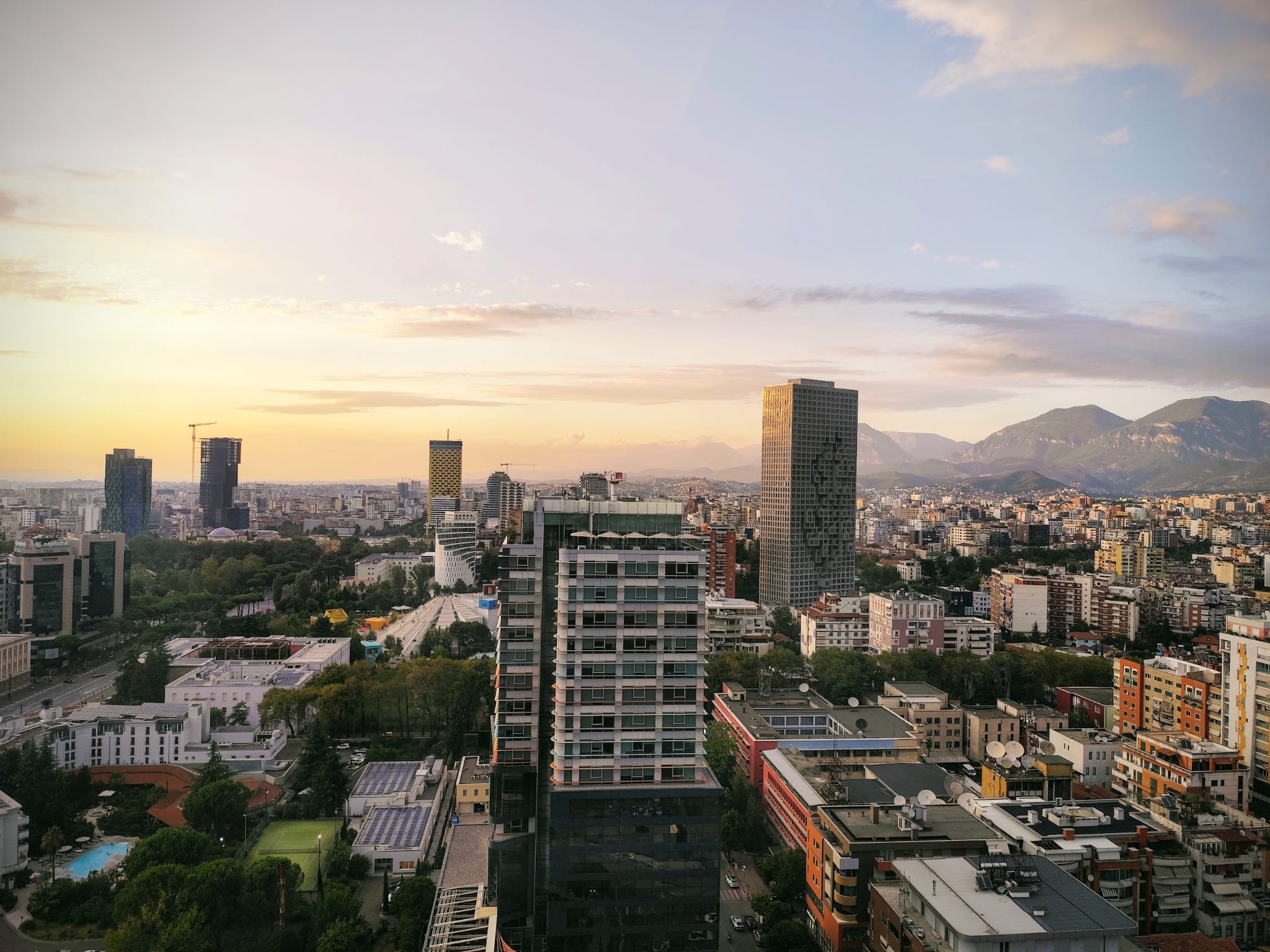3 remarkable strategic developments with hospitality impact in summer 2025
This summer I noticed three remarkable strategic shifts across Louis Vuitton, Soho House, and Airbnb. While very different businesses, they face similar headwinds: slowing demand in their core markets, intensifying competition, and pressure from public markets.
What unites them is a clear pivot toward enhancing the customer journey, betting on experiences as the next growth driver.
In this article, I will share three episodes exploring how each brand is adapting:
- Louis Vuitton: moving from retail to immersive lifestyle destinations
- Soho House: going private to regain strategic freedom
- Airbnb: evolving from home-sharing to a full travel ecosystem

Luxury retail is currently at a turning point. Even iconic houses are facing slowing demand and shifting consumer expectations. Louis Vuitton’s latest moves in Milan and Shanghai show how the brand is starting to transform its boutiques.
From transactions to experience-driven engagement
When recently walking along Milan’s prestigious Via Monte Napoleone, I came across the newly opened “Le Café Da Vittorio Louis Vuitton”, attached to the Louis Vuitton boutique. This immediately reminded me of a June article covering Louis Vuitton’s new Shanghai flagship store, which seamlessly combines retail with culinary experiences and an exhibition space. What is emerging is a clear transformation: Louis Vuitton is repositioning its flagship stores as immersive brand destinations. By attaching hospitality venues and cultural experiences to retail, the brand aims to deliver a multi-sensory luxury journey. This shift reflects a broader trend in luxury retail, by moving away from a purely transactional model towards experience-driven engagement to stimulate growth.
Milan and Shanghai examples
In Milan, the Louis Vuitton Palazzo Taverna boutique houses DaV by Da Vittorio Louis Vuitton and Le Café Da Vittorio Louis Vuitton. Both venues are operated by the Michelin-starred Cerea family, offering sophisticated Italian cuisine and refined café experiences in a setting that embodies Louis Vuitton’s craftsmanship and lifestyle DNA. In Shanghai, the new Louis Vuitton ship-shaped store, known as “The Louis”, combines Michelin-starred dining at Le Café Louis Vuitton and a curated exhibition space showcasing “Visionary Journeys”. These elements allow visitors to explore fashion, art, design, and gastronomy under one roof.
Shaping luxury lifestyle destinations
By integrating hospitality and cultural dimensions, Louis Vuitton elevates its boutiques beyond retail into luxury lifestyle destinations where customers can shop, dine, and linger. This strategy deepens engagement, lengthens store visits, and strengthens the brand’s premium image through memorable, holistic experiences.
Outlook
Louis Vuitton is placing a bold bet on experience-led growth, leveraging hospitality and culture to drive the next wave of expansion. The brand carefully manages its ecosystem and works closely with partners to ensure that the customer journey is quality assured and seamless.

The hospitality industry is under pressure from rising costs, evolving lifestyles, and investor scrutiny. Soho House & Co made headlines in early August with its decision to delist from the public markets and return to private ownership after a major investment of the MCR hotel group. Completion is expected by year-end, after shareholder and regulatory approvals, with the company delisting from the New York Stock Exchange. This move has divided opinion but reflects a clear strategic choice to protect its identity and long-term growth.
Barriers to success
Since its IPO in 2021, Soho House has struggled to convince markets of its long-term value. Despite a globally admired brand and a loyal member base, the company faced skepticism over its ability to scale profitably while maintaining exclusivity and brand cachet. Public scrutiny around losses, valuation, and expansion ambitions created a misalignment between short-term market expectations and the long-term investment horizon required to build out a global lifestyle platform.
The hope of going private
By going private, Soho House gains greater flexibility to refocus on its core mission: cultivating exclusive membership communities and experiences. Freed from quarterly reporting pressures, management can invest more strategically in new houses, F&B venues, and cultural programming. This move also allows the brand to safeguard prestige, exclusivity, and cultural relevance, which are harder to measure in public markets but are essential for its identity.
Outlook
Soho House’s decision to go private is a pragmatic response to market realities. It trades public capital for strategic freedom, aiming to protect and nurture the brand for long-term relevance and experience-driven growth. The strategic investment of MCR hotel group in Soho House may bring operational efficiency, especially on the hotel and F&B side, but running a premium social club network requires significant financial and cultural investment to generate the momentum needed for stronger relevance and member experiences.

After years of relying on home-sharing, Airbnb is pivoting towards hotels, services, and curated experiences. The shift marks a decisive step in becoming a full-spectrum travel platform, designed for both resilience and growth.
A visionary horizontal market strategy
Between May and August 2025, Airbnb announced a major strategic evolution, expanding beyond its roots in home-sharing to include boutique hotels, premium services, and further curated experiences. This move, while met with critical reactions in media and online discussions, addresses fundamental business pressures: slowing growth in its core rental business, increasing competition from hotels and OTAs, and rising investor expectations for diversification and resilience.
The new direction is a transformation
The new direction transforms Airbnb from a platform for stays into an integrated travel ecosystem. Independent hotels are now part of the app to broaden accommodation choices. Alongside this, Airbnb launched “Services”, providing hotel-style amenities such as private chefs, spa treatments, and trainers, while expanding “Experiences” with cultural, adventure, and lifestyle offerings across hundreds of cities. Some of these, branded as “Originals”, are hosted by renowned personalities to further differentiate the platform.
The consequent linkage to its mission
This new strategy directly ties back to Airbnb’s mission of “creating a world where anyone can belong anywhere”. By blending homes, hotels, services, and experiences into one seamless app, Airbnb positions itself as both more relevant and more resilient, ensuring travelers can design their entire journey within its ecosystem.
Outlook
Beyond meeting customer expectations, the shift also addresses market and investor realities. It diversifies revenue streams, strengthens loyalty through convenience and comprehensiveness, and increases brand stickiness at a time when growth from core home rentals is plateauing. Airbnb’s integration of hotels and services marks a pivotal strategic shift by transforming the company from a home-sharing pioneer into a global, full-spectrum travel platform designed for long-term growth.

Although Louis Vuitton, Soho House, and Airbnb operate in very different segments of the lifestyle and hospitality landscape, their recent strategic shifts share a unifying theme: a turn towards experience-driven value creation. Each brand is moving beyond its traditional core to design holistic customer journeys that integrate products, services, and culture.
These moves illustrate a broader industry trend that, in a slowing and highly competitive environment, growth will be driven less by transactions and more by experiences that inspire loyalty, engagement, and belonging.
For leaders and observers alike, the message is clear: the future of lifestyle brands lies in crafting ecosystems of experience, not just selling products or services.
If you’re ready to rethink how ecosystems and customer journeys can drive growth in your business, let’s connect. I would be happy to discuss how I can support your strategy.
Photo Credit
All photo rights are with Detlef Schmidt.
Locations: Europäischer Hof, Baden-Baden; Le Café Da Vittorio Louis Vuitton, Milan; Soho House, Berlin; View from Tirana Marriott, Tirana.
share